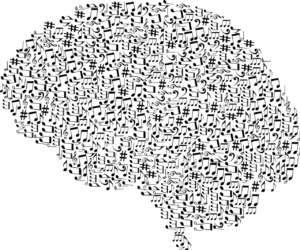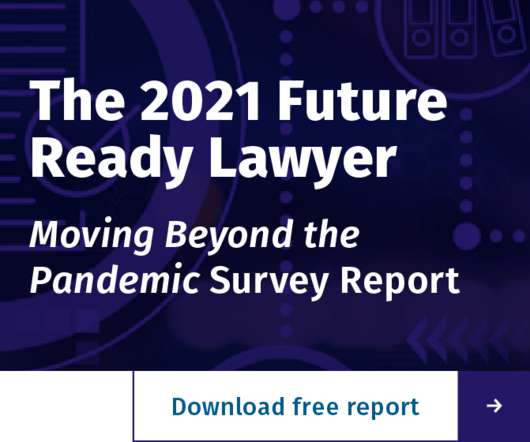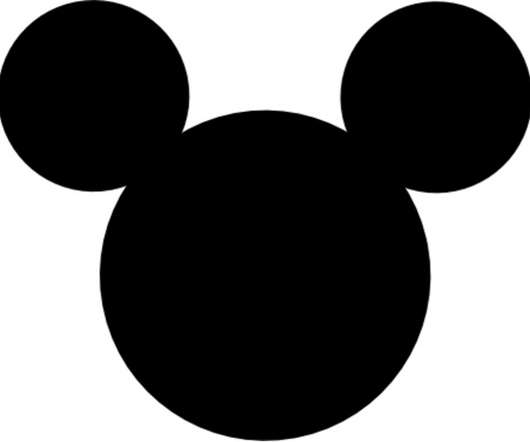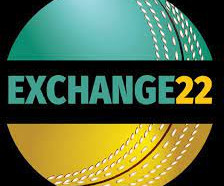AI Music Outputs: Challenges to the Copyright Legal Framework – Part I
Kluwer Copyright Blog
APRIL 22, 2022
The creation and development of copyright law are closely connected to technological and associated business transformations (see, e.g. here ). as a part of a larger study on copyright and new technologies for the European Commission. 1] (On the topic of AI outputs and derivative works, see here.).












Let's personalize your content